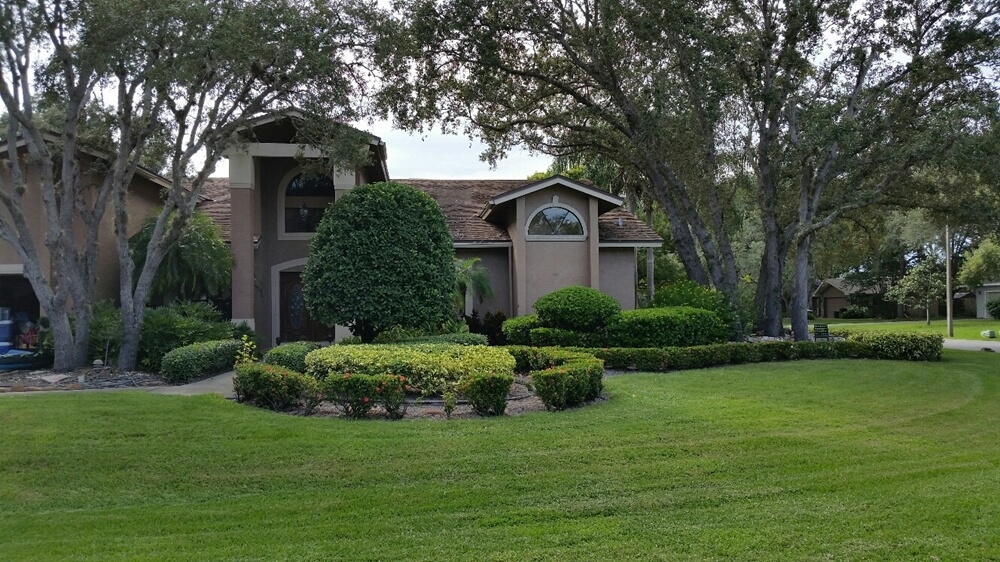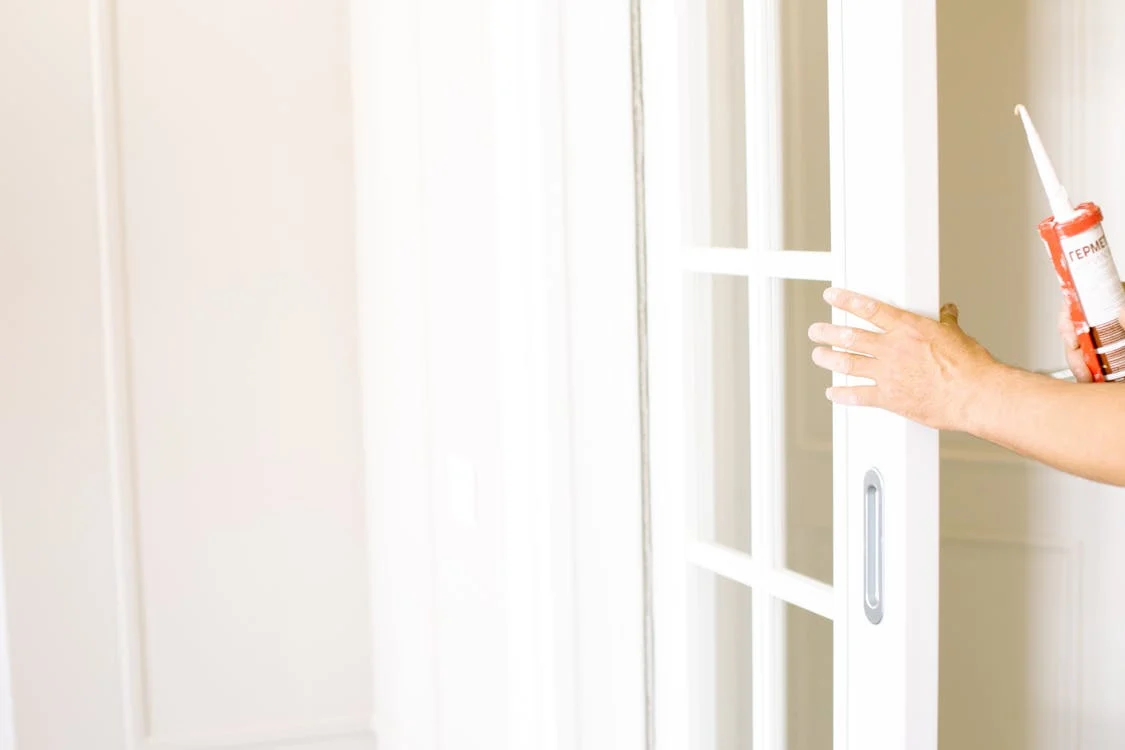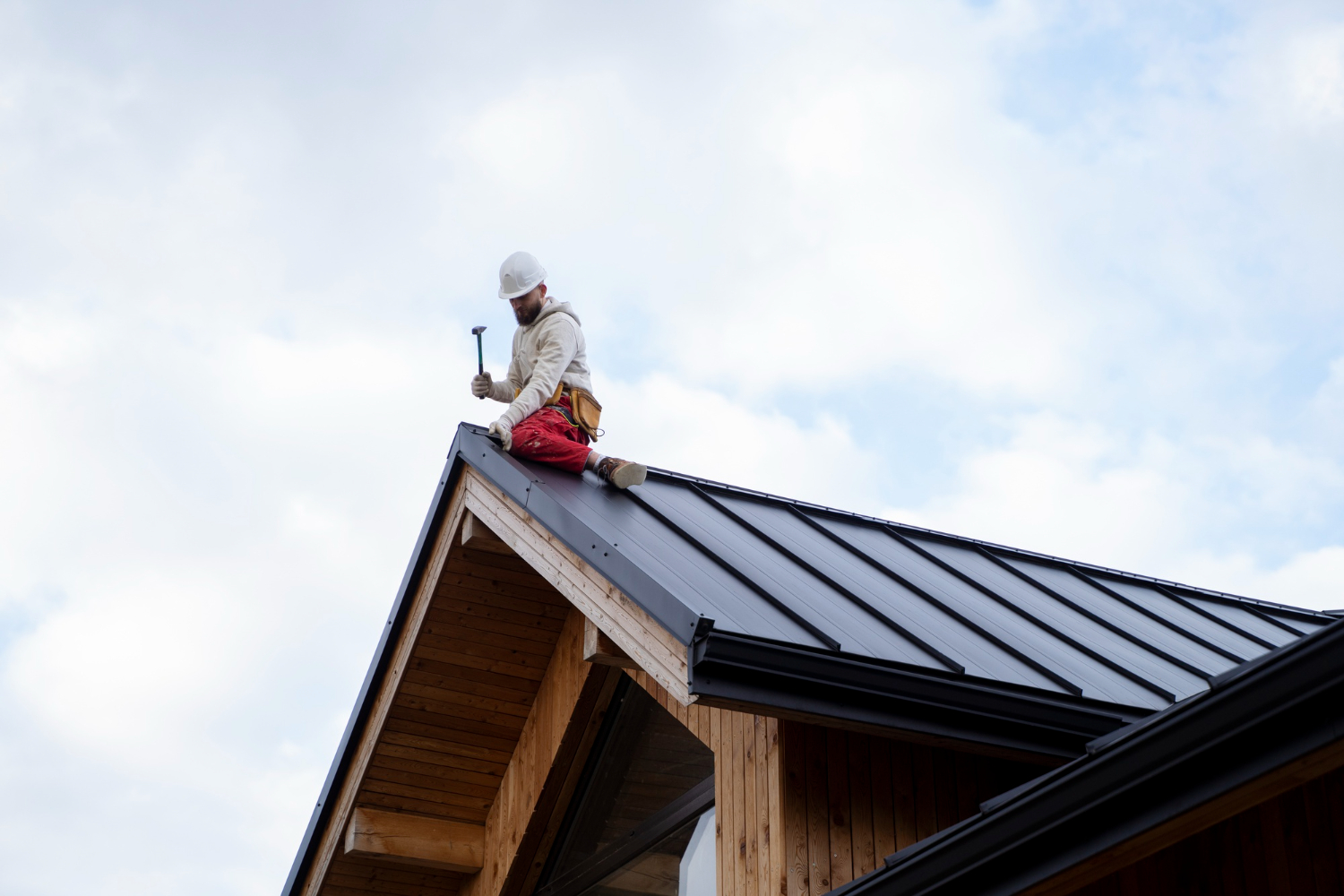By using our website, you agree to the use of cookies as described in our Cookie Policy
a
Rss Feed
5 Things Every Homeowner Should Ask Their Painter in Florida
When you're preparing to paint your Florida home, you'll want to make sure you're getting the best possible results. The Sunshine State's unique climate presents specific challenges that your painter should be equipped to handle. From intense UV rays to high humidity and salt air, there's a lot to take into account. By asking the right questions, you can guarantee that your paint job will not only look great but also stand up to Florida's demanding environment. Here are five vital inquiries you should make before your painter picks up a brush—your home's longevity and your peace of mind depend on it.
Insurance and Liability Coverage
When hiring a painter for your Florida home, it's crucial to ensure they have proper business insurance and liability coverage. Verify that your painter has specific insurance for Florida painters, as this can provide additional protections relevant to the local industry. This protects you, the homeowner, from potential financial risks associated with accidents or damages that may occur during the painting project.
Start by asking your painter if they carry general liability insurance. This type of insurance covers property damage and bodily injury that might occur as a result of their work. For example, if a painter accidentally damages your furniture or causes injury to someone on your property, their liability insurance would cover the costs.
Next, inquire about workers' compensation insurance. This is especially important if the painter has employees or subcontractors working on your property. Workers' compensation protects you from being held liable if a worker is injured while painting your home.
Don't hesitate to ask for proof of insurance. Reputable painters should be willing to provide you with certificates of insurance that verify their coverage.
Some key questions to ask regarding insurance include:
- What types of insurance do you carry?
- Can you provide current certificates of insurance for both liability and workers' compensation?
- What is the coverage limit on your liability insurance?
- Does your insurance cover any potential damage to my property during the painting process?
- Are all of your employees and subcontractors (if any) covered under your insurance policies?
Remember, a painter who is properly insured demonstrates professionalism and responsibility. It gives you peace of mind knowing that you're protected from potential liabilities and financial risks associated with the painting project.
Paint Durability in Florida's Climate
Living in Florida means your home's exterior paint faces some tough challenges. The intense sun, high humidity, and frequent rainstorms can quickly degrade paint quality. When hiring a painter, ask about:
- Recommended paint brands and types specifically formulated for Florida's climate
- UV resistance properties to prevent fading and chalking
- Mold and mildew resistance capabilities
- Paint flexibility to withstand expansion and contraction of building materials
- Expected lifespan of the paint job
- Warranty options offered by the painter
These questions will help ensure you choose a paint that can withstand prolonged sun exposure without losing its color or sheen, resist mold growth in humid conditions, and move with the building's thermal changes without cracking or peeling. When discussing paint options, it's also worth considering the best building materials for your coastal home to ensure overall durability.
For guidance on paints that comply with state regulations, you might want to review the Florida Building Code, which provides detailed information on building requirements that could affect your exterior painting choices.
Moisture and Mold Prevention
While paint durability is key in Florida's climate, equally important is how your chosen paint handles moisture and mold. Here are essential points to discuss with your painter:
- Moisture-resistant and mold-inhibiting paint options
- Paint permeability ratings and their importance in allowing water vapor to pass through
- Surface preparation techniques, including thorough cleaning and proper priming
- Ventilation strategies to reduce moisture buildup and mold growth
- Recommendations for moisture control in high-humidity areas like bathrooms and kitchens
- Post-painting maintenance advice for keeping surfaces in top condition
By addressing these points, you'll ensure that your newly painted surfaces are well-protected against Florida's challenging climate. Your painter should be able to provide guidance on how to keep your paint job looking fresh and mold-free for years to come. To learn more about mold prevention and control, refer to the Environmental Protection Agency's mold resources. This comprehensive guide offers valuable insights, especially pertinent in Florida's humid climate.
UV Protection Measures
Florida's intense sunlight can wreak havoc on your home's exterior paint. To protect your investment, you'll want to ask your painter about UV protection measures.
Inquire about paint products specifically designed to withstand strong sun exposure. These paints often contain special pigments and additives that reflect UV rays, reducing fading and deterioration.
Ask your painter if they recommend using a UV-resistant primer before applying the topcoat. This extra layer can provide additional protection against sun damage. Consider using premium UV-resistant paints like Benjamin Moore's Aura® Exterior Paint, which is formulated with advanced color-lock technology to resist fading.
Discuss the benefits of choosing lighter colors for exterior walls, as they tend to reflect more sunlight and stay cooler than darker hues.
Don't forget about your windows and doors. UV-blocking films or coatings can be applied to glass surfaces to reduce sun damage to interior furnishings and flooring.
Inquire if your painter offers these services or can recommend a specialist. While protecting against UV damage, it's also a good time to consider if there are any signs that your home's exterior needs a makeover.
Salt Air Damage Prevention
Coastal homeowners face unique challenges when it comes to protecting their property from salt air damage. Salt air can corrode metal surfaces, deteriorate paint, and compromise the structural integrity of your home.
When hiring a painter, it's essential to ask about their experience with salt air damage prevention and the techniques they use to combat this issue. A skilled painter should be able to recommend high-quality, salt-resistant paints and coatings that offer superior protection against corrosion.
They'll also know the importance of proper surface preparation, including thorough cleaning and priming, to guarantee the paint adheres well and creates a strong barrier against salt air.
Ask your painter about:
- The specific salt-resistant products they recommend for your home's exterior
- Their process for preparing surfaces exposed to salt air
- How often they suggest repainting or touch-ups to maintain protection
Don't forget to inquire about additional measures, such as applying clear sealants or using specialized primers designed for coastal environments. For a broader understanding of building in coastal areas, homeowners might also want to familiarize themselves with what you need to know about coastal zone construction.
Conclusion
You've now got the tools to make informed decisions about painting your Florida home. Don't hesitate to ask your painter these essential questions. By focusing on durability, mold prevention, UV protection, salt air resistance, and proper insurance coverage, you'll guarantee your home looks great and stands up to Florida's unique climate. Remember, the right paint, proper application, and a well-insured painter will save you time, money, and potential headaches in the long run. Take charge and protect your investment!
‹ Back





.png)
